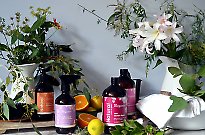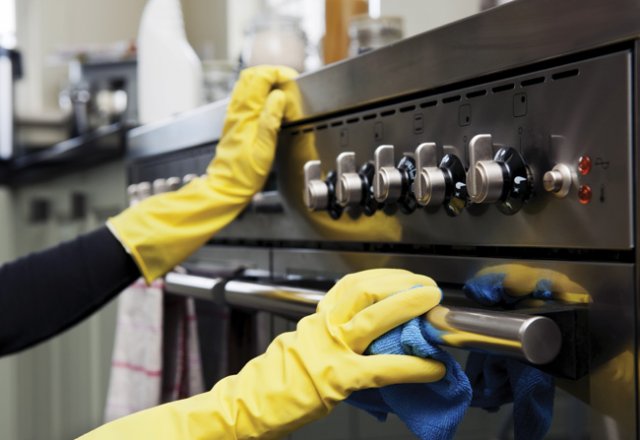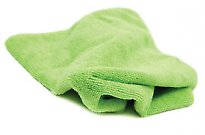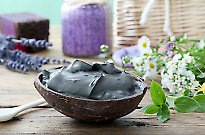
How to make chemical-free kitchen cleaner

DIY cleaning recipes for a safe home
Can shop-bought cleaning products do more harm than good? Katy Ferguson shares some DIY cleaning recipes for your kitchen.
10 DIY cleaning recipes for kitchens
1. Shine chrome sinks by mixing one part vinegar with two parts bi-carb soda to make a paste. Spread around the area, leave for a couple of minutes and rinse.
2. Remove stickers on new crockery with vinegar or tea tree oil.
3. Loosen baked-on food from inside your microwave by placing an even amount of vinegar and water in a bowl and boiling it inside the machine. The steam will help the food to soften, making it easier to wipe clean.
4. Mix a tablespoon of bi-carb soda in water to clean cupboards and fridges.
5. Mix water and lemon juice to clean and disinfect cutting boards.
6. Remove stains and odours from plastic containers by soaking in lemon juice and water for a couple of hours.
7. Squeeze lemon juice in the sink when washing dishes to act as a degreaser.
8. Spray eucalyptus oil as an alternative to air freshener.
9. Add a few drops of eucalyptus oil to hot water to wash floors.
10. Wipe items like phones, bench tops and bins with water and eucalyptus oil to disinfect.
Must-have items to help you naturally clean your home:
• Vinegar: A low pH balanced solution that prohibits the growth of bacteria.
• Bi-carb soda: Helpful for regulating the pH balance in alkaline or acidic substances, and neutralising odours in the fridge, cupboards or shoes.
• Lemon: Useful for bleaching white surfaces around the home.
• Tea tree oil: A great addition to any natural all-purpose cleaning solution.
• Eucalyptus oil: Contains disinfecting properties and has a comforting scent, especially during allergy seasons.
• Microfibre cloth: According to Bijlsma, this is the number one cleaning tool. It can hold seven times its own weight and attracts dust as opposed to just moving it around like other cleaning cloths.
• A quality vacuum: A vacuum with a high-efficiency particulate air filter (HEPA) is a worthy investment. It works by forcing air through a fine mesh to trap harmful particles such as pollen, dust, pet hair, dust mites and cigarette smoke.
• Steam cleaner: Safely kills mould, dust mites and bacteria by heating fresh water to a very high temperature.
• Gloves: According to Dr Patel, even natural products can cause irritant dermatitis to those with sensitive skin. Try using cotton gloves under rubber gloves for additional skin protection.
• Soap-free wash and moisturiser: A good quality moisturiser and soap-free wash is vital to keep skin healthy and soft according to Dr Patel. Use these products before and after cleaning your home.


